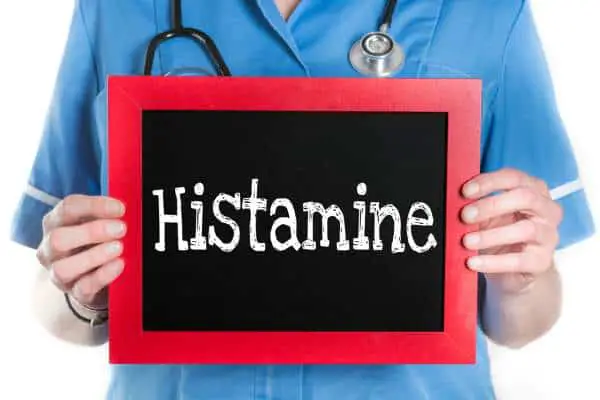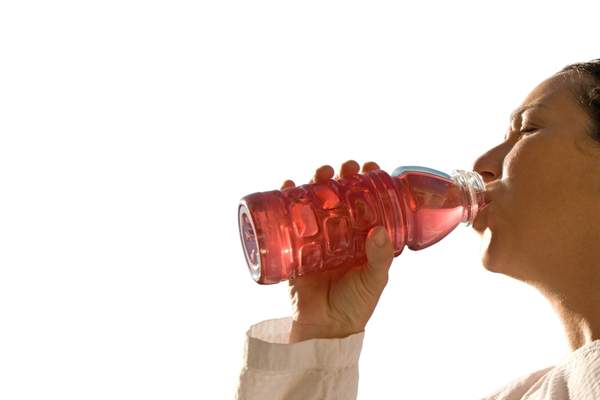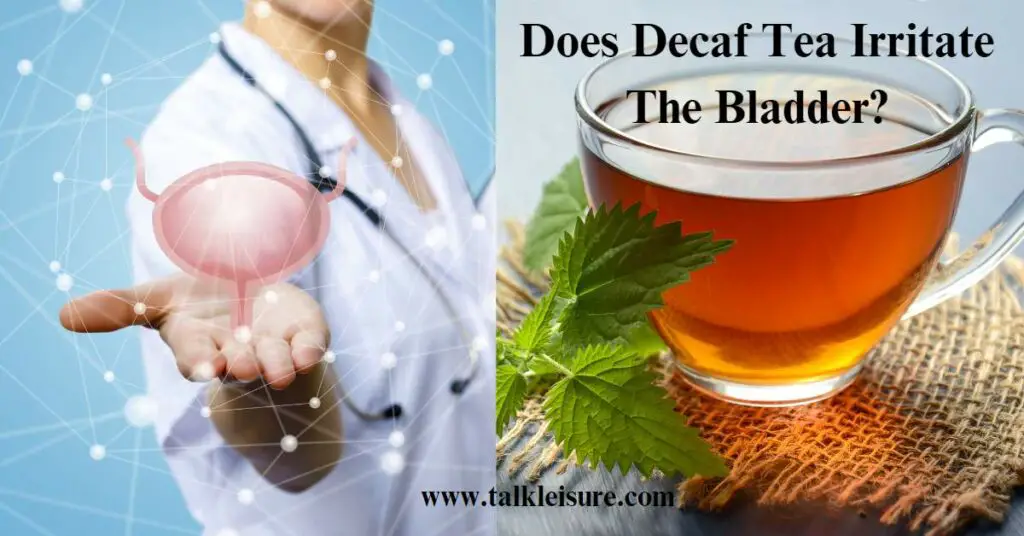Coffee is an excellent beverage to kick-start your day as it boosts your energy level. However, decaffeinated coffee is a better alternative if you are caffeine intolerant. This beverage provides most of the health benefits found in regular coffee.
The decaffeination process will remove 96% to 97.5% of caffeine. In various circumstances, you must skip your regular coffee and find an alternative energy-boosting drink.
Histamine intolerance is a situation where regular coffee will not be a great choice. This makes people ponder whether decaf coffee is high in histamine.
Hence, in this blog, you will find relevant information about decaf coffee and histamine intolerance.
Caffeine is the triggering factor that affects histamine release. Regular coffee is rich in caffeine, so this may trigger histamine issues. Decaf coffee contains only 3 mg of caffeine per cup, which is comparatively low in histamine.
However, there is no coffee without histamine hence, the caffeine in decaf coffee may also trigger histamine-intolerant people.
Histamine

Histamine is a chemical compound present in some of the body’s cells. This organic nitrogenous compound supports digestion by triggering stomach acid release, conveying messages to the brain, and being involved in local immune responses. These major functions of histamine will help your body function correctly.
If the histamine can’t break down, high chemical levels will cause histamine intolerance. As a result, your body will fail to function normally.
Some of the symptoms of histamine intolerance are headaches, nasal congestion, hives, fatigue, nausea, vomiting, an irregular menstrual cycle, hives, and digestive issues.
Enzamine diamine oxidase (DAO) will break the histamine from your food. A DAO deficiency may result in histamine intolerance due to the inability to break histamine.
Many foods will increase the histamine level. Coffee is usually considered a low-histamine food since coffee beans contain less histamine.
Since the caffeine in this beverage interrupts the clearing of histamine from the body, it can potentially develop high histamine levels.
Therefore, to reduce the risk of histamine intolerance, people prefer decaf coffee, which contains very little caffeine.
So is decaf coffee low in histamine? Continue reading to know in detail.
Does Decaf Coffee Have Histamine?

Regular coffee is considered to be rich in histamine due to its methods of processing. Caffeine in regular coffee will increase the histamine level.
In contrast, decaf coffee has less histamine, and the low caffeine content will not significantly impact the development of high histamine levels. However, since decaf coffee also contains histamine and caffeine, this may affect some histamine-intolerant people.
Compared to caffeinated coffee, the swiss water process decaffeinated coffee will be a great option to reduce the allergic symptoms of histamine issues. This natural decaffeination process removes around 99% of the caffeine without chemicals.
Is Histamine Higher in Decaf Coffee Than Regular Coffee?

Decaf coffee is produced by decaffeinating regular coffee beans, making it caffeine-free. Instead, most of the caffeine is removed. So compared to regular coffee, the histamine in decaf coffee is less.
The histamine level will change according to the decaffeination method and the brand. It is better to avoid methylene chloride decaf coffee since it uses chemicals that alter the coffee’s flavor and remove most of the nutrients.
Although the caffeine content in decaf coffee is less, it may still affect your histamine issues. Hence, it would help if you asked a doctor or healthcare professional whether decaf coffee suits you.
Replacing Regular Coffee with Decaf Coffee for Histamine Intolerance

Are you planning to switch to decaf coffee due to histamine intolerance?
Before making your own decision, it is vital to consult a healthcare professional.
The medical practitioner will check on your health and advise you whether you can drink decaf coffee according to the severity of the problem. Since coffee addicts cannot gradually reduce their caffeine intake, you must gradually replace the beverage with decaf coffee.
During the replacement process, you may witness caffeine withdrawal symptoms like frequent distractions, headaches, and fatigue. Therefore, gradually reducing the consumption of caffeinated beverages is best to relieve symptoms.
Decaf Coffee and Histamine Intolerance

As previously mentioned, decaf coffee can also cause histamine intolerance. There are three main reasons why you experience decaf coffee histamine intolerance.
- Caffeine traces in decaffeinated coffee may trigger histamine issues.
- The method of decaffeination may involve chemicals that trigger histamine issues.
- Excessive consumption of decaf coffee will increase caffeine intake. As a result, this may impact your histamine intolerance.
Curing decaf coffee histamine intolerance is difficult, but you can manage it using some hacks. In the next section, you will find some tips to manage decaf coffee histamine intolerance.
Hacks to Manage Decaf Histamine Intolerance

Following are a few ways to enjoy your daily decaf coffee without affecting your body’s histamine level.
- Choose 100% organic and fresh (mold-free) coffee beans.
- Darkly roasted decaf coffee grounds contain little caffeine when compared to others.
- Drink a moderate amount of brewed decaf coffee.
- Avoid using additives like sugar and creamer. Instead, you can use histamine-friendly sweeteners.
- Keep your coffee from sitting for a long time after making it. Instead, drink it as quickly as possible.
- You can limit the buildup of histamine by freezing the decaffeinated beverage.
Beverages Affecting Histamine Intolerance

Apart from decaf coffee, various other beverages may affect your histamine level. It is essential to be aware of these beverages.
Not everyone will be affected by consuming certain drinks below, but most of them might trigger your histamine level.
- Carbonated, flavored, and vitamin water
- Regular and decaf coffee
- Energy drinks
- Sports drinks
- Citrus, cola, orange, and diet sodas
- Herbal, green, iced, and regular tea
- Drink powders
Final Thoughts
You may now understand why decaf coffee may also trigger your histamine level. People with histamine intolerance often intend to switch to decaf coffee since it has less caffeine.
Before doing so, it is usually advised to check your health condition by consulting a medical practitioner. He will explain whether to consume decaf coffee and how much you can take daily.
Excessive decaf consumption will result in high caffeine levels. Hence, it may increase the histamine level.
Therefore, it is necessary to consume decaf coffee in a moderate amount. Also, following the tips mentioned in the blog, you may manage decaf histamine intolerance while drinking decaffeinated coffee.
For more exciting information, you can check our recent blog on Can I Drink Decaf Coffee with Pancreatitis?
FAQs
Is Decaf Coffee Antihisamine?
Decaf contains 2%–3% caffeine, which may trigger histamine levels.
Will Caffeine Cause Histamine Intolerance?
Since caffeine blocks DAO’s functioning, this stops the histamine from getting released from the system. Therefore, this increases the potential for developing histamine.
Can Replace Regular with Decaf coffee Due to Histamine Intolerance?
Yes, decaf coffee contains a small amount of caffeine, so this beverage will be an excellent replacement for regular coffee if you have histamine intolerance.
Getting professional advice from a medical practitioner before switching to decaf coffee is crucial.












